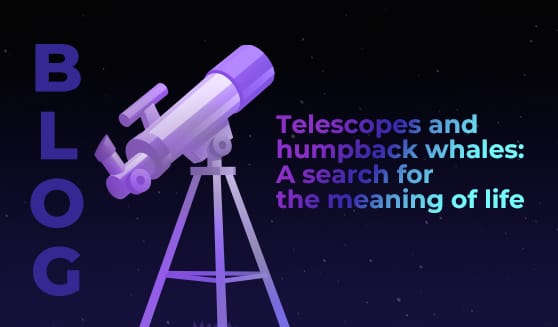
As the Kingdom of Saudi Arabia’s (KSA) key enterprises embark on a transformative array of strategic objectives derived from the nation’s leadership’s agenda for digitalization, open source solutions and products have taken center stage and are delivering a wave of cutting-edge innovations to redefine the country’s global competitiveness and boost its drive towards establishing a robust, knowledge-based economy in the region, in the decades to come.
With the real-world enterprise use cases of open source software in KSA fueling the enablement of next-generation IT infrastructure modernization, application development, application integration, digital transformation, and application modernization, it comes as no surprise that open source technologies are high on the conference agenda at LEAP 2022.
Regulatory framework
The adoption of open source solutions has already come to life in the Kingdom with the e-Government program Yesser and the National Transformation Plan, highlighting the need to promote open source initiatives. Also, the King Abdulaziz City for Science and Technology (KACST) has been handed the mandate to establish a regulatory framework to promote open source software, something that can only be good for the technology to be adopted widely and across various industry verticals in KSA and the wider Middle East.
As KSA prepares to host LEAP 2022, dubbed the most iconic and ‘seismic’ tech event for a generation, open source initiatives, fundamentals, and use cases will be in the limelight as the region continues to push for the adoption of open source solutions, more than 25 years after the open source community started developing open source software to rival proprietary software.
Eng. Nawaf Alhoshan, Deputy Minister for Technology Development at the Saudi Arabia Ministry of Communications and Information Technology, says: “As a major global tech event that seeks to aid the country’s economic transformation and diversification plan in line with Vision 2030, LEAP 2022 will promote open source initiatives, systems, solutions, software, fundamentals, use cases, and transform how enterprises across Saudi Arabia and the broader Middle East have been adopting open source technologies to advance digital innovation and transformation in their organizations. Also, a wide range of opensource topics such as coding, AI coding and scripting, and apps will be addressed during the Orbital Talks Conference sessions happening alongside LEAP.”
The open source principle is widespread; well-known examples of such software are Linux, Mozilla Firefox or Android. Large companies such as Red Hat, Oracle, and Google support and offer open source projects and applications.
Innovation
So, what’s behind the open source initiatives and innovation happening in KSA as the country pushes its economic transformation and diversification forward? According to Red Hat, the world’s leading provider of open source solutions, the innovative propensity of enterprise open source software adoption and digital transformation initiatives currently happening in KSA is the reason the Kingdom is seeing increased adoption of open source systems in various industry verticals. It is this momentum and wide adoption of the technology in the Middle East that has led to open source initiatives being noticed.
The open-source services industry is set to exceed $17B in 2019 and is expected to reach nearly $33B by 2022, according to research firm CB Insights. And the broader market is estimated to be worth hundreds of billions based on recent big-ticket acquisitions like Red Hat (acquired by IBM for $34B) and GitHub (acquired by Microsoft for $7.5B), CB Insights adds.
Saudi Arabia is accelerating ICT applications across sectors such as banking, insurance, healthcare, automotive, power and utilities, and education to drive socio-economic benefits.
And as the use case of open source software adoption grows steadily in the Middle East, enterprises are adopting these technologies to advance their digital transformation agenda.
In Saudi Arabia, the King Abdulaziz City for Science and Technology in Riyadh has replaced Microsoft Windows and Microsoft Windows Server with open software for its operating systems. Similarly, Alajlan, a major trading company based in Riyadh, chose Odoo, an open source ERP, forgoing closed systems. The Technical and Vocational Training Corporation (TVTC) also disconnected software from Oracle and Microsoft in favor of open source platforms for its training programs.
In the United Arab Emirates (UAE), the Emirates NBD Group which provides retail, wholesale and corporate financial services to customers in the UAE and international markets including Egypt, Saudi Arabia, India, United Kingdom, and Singapore, recently implemented open source solutions from Red Hat to build a competitive private cloud.
Global tech companies continue to invest in open source technologies as the market matures. Google has a suite of open source projects built on Linux including the biggest contribution to open source software since the formation of the Free Software Foundation, Android. Microsoft, although known more for its proprietary productivity software has now, at least partially, embraced open source. The tech giant is now the single largest contributor to open-source projects in the world, beating Docker, Google, Apache, and many others.








